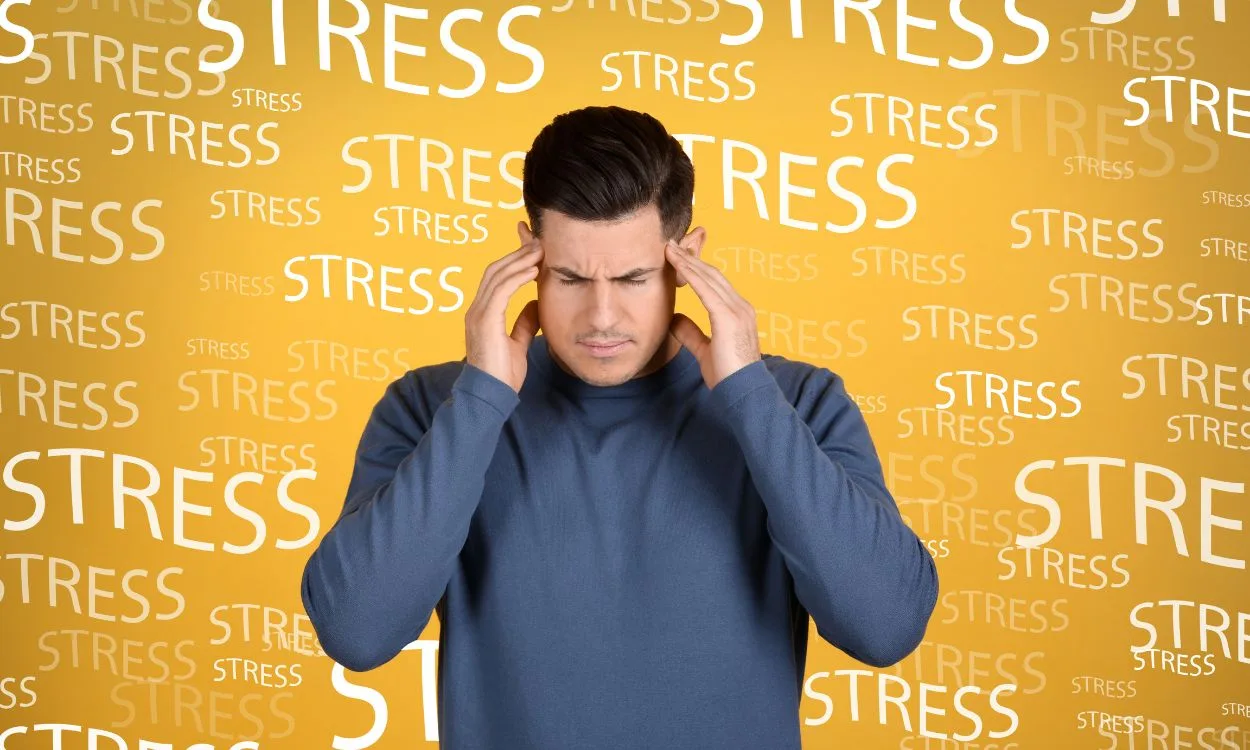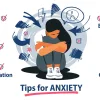How Can Stress Impact Mental Health?
Stress is an inevitable part of life, and it affects everyone at some point. While a certain amount of stress can be motivating and help us perform better, excessive and chronic stress can have a detrimental impact on our mental health. In this article, we will explore the various ways stress can affect our mental well-being and offer strategies for managing stress effectively.
1. Understanding Stress
Before delving into the impact of stress on mental health, it is essential to have a basic understanding of what stress is. Stress is the body’s response to a demand or pressure, whether it is physical, mental, or emotional. It triggers a release of stress hormones such as cortisol and adrenaline, preparing the body for a “fight or flight” response.
2. Short-Term vs. Chronic Stress
Short-term stress, also known as acute stress, is a normal response to immediate challenges or situations. It is temporary and usually subsides once the stressor is resolved. On the other hand, chronic stress refers to ongoing stress that persists for an extended period. Chronic stress can be caused by factors such as work pressures, financial problems, relationship difficulties, or health issues.
3. Impact of Stress on Mental Health
a. Anxiety and Depression: Chronic stress can contribute to the development or exacerbation of anxiety disorders and depression. Prolonged exposure to stress hormones can disrupt the balance of chemicals in the brain, leading to imbalances that manifest as anxiety or depressive symptoms.
b. Cognitive Functioning: Stress can impair cognitive functioning, affecting memory, concentration, and decision-making abilities. The constant activation of the stress response can interfere with the brain’s ability to form new connections and retrieve information effectively.
c. Sleep Disturbances: Stress can disrupt sleep patterns, leading to difficulties falling asleep, staying asleep, or experiencing restful sleep. Lack of quality sleep can further exacerbate stress and negatively impact mood and cognitive function.
d. Physical Health Symptoms: Stress can manifest physically, causing symptoms such as headaches, muscle tension, stomach issues, and fatigue. These physical symptoms can worsen stress and contribute to a cycle of poor mental and physical health.
e. Substance Abuse: Some individuals may turn to drugs or alcohol as a way to cope with stress. Substance abuse can provide temporary relief but ultimately worsens mental health and creates additional problems.
f. Social Isolation: Chronic stress can lead to social withdrawal and isolation. Individuals may feel overwhelmed, irritable, and emotionally drained, making it challenging to engage in social interactions.
4. Strategies for Managing Stress
a. Identify Stressors: Recognize the specific factors causing stress in your life. This awareness can help you develop targeted strategies for managing and reducing stress.
b. Practice Relaxation Techniques: Engage in relaxation techniques such as deep breathing exercises, meditation, yoga, or progressive muscle relaxation. These techniques can activate the body’s relaxation response, counteracting the effects of stress.
c. Physical Activity: Regular exercise has been shown to reduce stress levels and improve mood. Find physical activities that you enjoy and incorporate them into your routine.
d. Healthy Lifestyle: Maintain a balanced and nutritious diet, get adequate sleep, and avoid excessive caffeine or alcohol consumption. Taking care of your physical health can support your mental well-being.
e. Time Management: Prioritize tasks, set realistic goals, and delegate responsibilities when possible. Effective time management can reduce feelings of being overwhelmed and help you regain a sense of control.
f. Seek Support: Reach out to friends, family, or a mental health professional for support. Talking about your stressors and emotions can provide relief and help you gain perspective.
5. Fitpaa: Your Partner in Wellness
If you are struggling with stress and its impact on your mental health, Fitpaa can be a valuable resource to help you navigate these challenges. Fitpaa offers a comprehensive approach to well-being, combining lifestyle medicine, behavioral therapy, and personalized support.
With the Fitpaa app, you gain access to a team of fitness coaches, nutritionists, and doctors who can guide you on your wellness journey. The app provides tools such as a virtual workout trainer, diet tracker, and performance tracking to support your goals. Fitpaa’s real-time guidance technology incorporates cognitive behavioral therapy principles to optimize your progress and keep you motivated.
Fitpaa understands that mental health is an integral part of overall well-being and offers support for various mental health goals, including stress management. Our expert team is dedicated to helping you achieve your goals and live a healthy, fulfilling life.
To experience the transformative power of Fitpaa and start prioritizing your mental health, download the Fitpaa app today. Your well-being is our mission!









